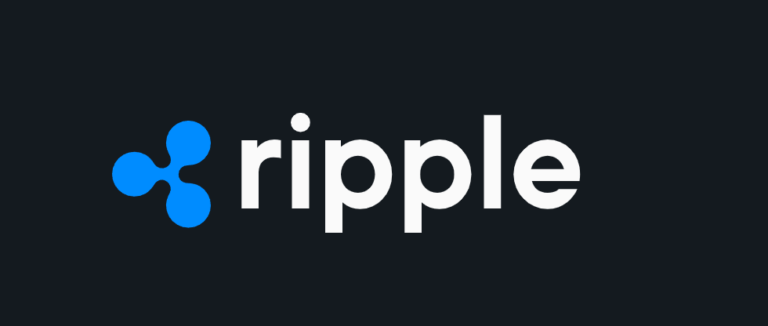
- The Cardano blockchain is preparing for the Chang hard fork, a crucial upgrade that will advance its decentralization efforts.
- To achieve this, 70% of stake pool operators must upgrade to node version 9.1, new governance keys must be created, and centralized exchanges need to update their systems.
As the Cardano blockchain gears up for its transformative Chang hard fork, Stake with Pride (SWP), a prominent Cardano stake pool operator (SPO), has laid out three essential conditions for this major upgrade. The hard fork aims to usher in the Voltaire phase, moving Cardano towards a fully decentralized governance model. Here are the critical prerequisites for the Chang hard fork to take place:
1. 70% of Stake Pool Operators Upgrading to Node Version 9.1
The first condition requires that 70% of Cardano’s stake pool operators (SPOs) upgrade to node version 9.1. This upgrade is crucial as it incorporates key features necessary for the hard fork. The Voltaire phase focuses on community-led governance, enabling ADA holders to vote on proposals that will shape the network’s future. Although node version 9.1 is still pending release, its integration is vital for the network’s transition to a decentralized model.
2. Replacement of Genesis Keys by ICC Councils
The second condition involves seven Interoperability and Communication Committee (ICC) councils creating new replacement keys. These keys will replace the original Genesis keys distributed among Cardano’s founding entities, including IOHK, Emurgo, and the Cardano Foundation. Destroying the Genesis keys is a significant step toward decentralization, as it removes centralized control and distributes governance power across the community.
3. Upgrades by Centralized Exchanges and Ecosystem Services
The final condition mandates that centralized exchanges (CEXes) and ecosystem services upgrade their ancillary services to be compatible with the new node version. This ensures seamless integration and functionality across all platforms supporting Cardano, maintaining network stability and security during and after the hard fork. Upgrades from exchanges and other services are crucial to avoid disruptions in ADA trading and staking operations during the transition.
Current Developments and Future Prospects
In a recent update, Cardano welcomed Node 9.0, marking a significant step towards the hard fork. Charles Hoskinson, Cardano’s co-founder, highlighted this development and expressed optimism about the upcoming upgrade. He emphasized that the Chang hard fork will introduce the most advanced blockchain governance system to date, featuring decentralized voting, treasury withdrawals, and the establishment of constitutional committees. These enhancements aim to transform Cardano into a self-sufficient network, reducing its reliance on IOHK and shifting control to the broader community.
Another pivotal aspect of this upgrade is the implementation of CIP-1694. This Cardano Improvement Proposal will revamp the on-chain governance structure, allowing ADA holders to directly influence protocol changes and treasury spending. The community will be empowered to submit and vote on proposals, marking a significant shift in how Cardano is managed.
As Cardano moves closer to the Chang hard fork, these three conditions will be critical in ensuring a smooth and successful transition to a more decentralized and community-driven governance model.




